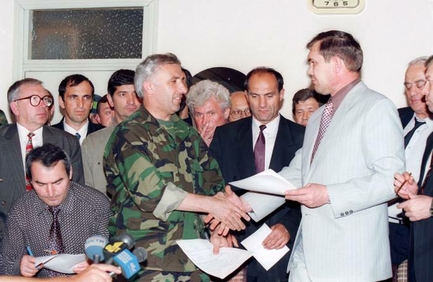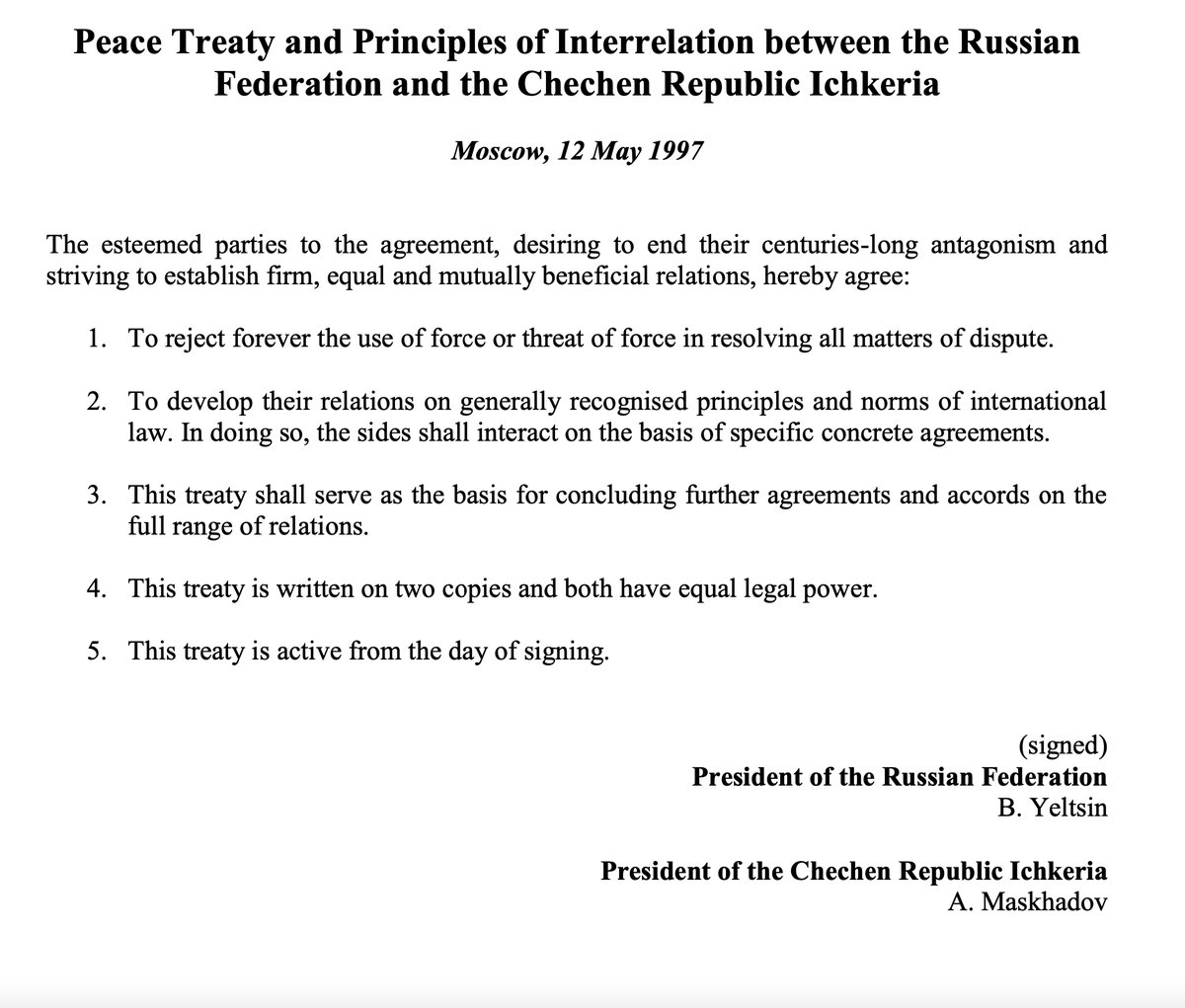I think that the USG should explore the possibility of incentivising German, Italian, Austrian, Swiss, Taiwanese, Korean and Spanish companies to shut down their machines on Russian military plants that produce Kh-101, Kalibr, Iskander and other cruise and ballistic missiles
I would add Japan and Czechia to the list but in their case I have a reason to believe their national governments are concerned about the role their industry is playing in arming Putin and are looking for ways to stop or minimise that. Still USG could help a lot in their case too
Contrary to the popular belief, Russian capacities for mass production of high precision components do NOT rely on Chinese import, but rather on import + training received from a handful of developed countries located in Western Europe and East Asia
In some cases also on verifiable technological transfer. I don’t want to point fingers but it is Germany
• • •
Missing some Tweet in this thread? You can try to
force a refresh


